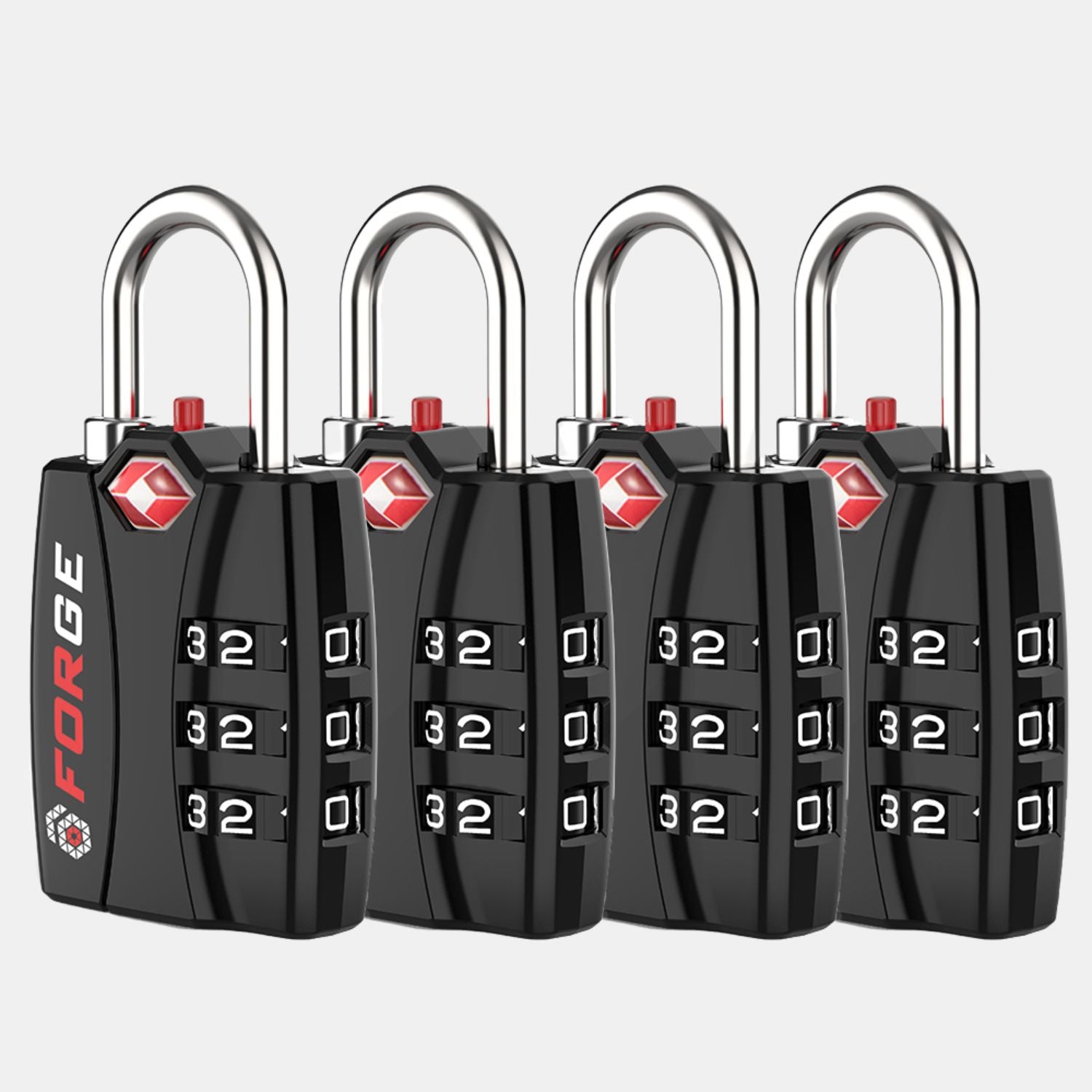Unlock Your Adventure: Discover the Ultimate Travel Locks You Can't Travel Without!
In an age where travel is more accessible than ever, ensuring the security of your belongings while on the go has become paramount. Travel security is not just about peace of mind; it's about protecting the items you've worked hard to acquire, whether it's your laptop, camera, or cherished souvenirs. As travelers roam through bustling airports, crowded train stations, or even remote beaches, the need for reliable travel locks is increasingly critical. A good travel lock acts as a formidable barrier against theft and loss, allowing you to focus on the adventure ahead, rather than the safety of your belongings.

Understanding Travel Locks
Travel locks are specialized security devices designed to protect your luggage and personal items while traveling. They serve as a deterrent against theft and unauthorized access, ensuring that your belongings remain safe during transit. With the rise of travel-related crimes, the importance of travel locks cannot be overstated. They offer an extra layer of security, especially in crowded areas where opportunistic thieves may be lurking. There are various types of travel locks available, each catering to different needs and preferences. Whether you're a frequent flyer or a casual vacationer, understanding these options can help you make an informed choice when it comes to safeguarding your possessions.
Types of Travel Locks
When selecting a travel lock, it's essential to familiarize yourself with the different types available. Here are some of the most common categories:
- Combination locks
- Key locks
- Smart locks
- Cable locks
Combination locks are favored for their convenience, as they eliminate the need to carry a key. They can be set with a numeric code, which can easily be changed if needed. However, they may be less secure than key locks, as codes can sometimes be guessed or easily forgotten. Key locks, on the other hand, provide a traditional form of security, but they require you to keep track of a physical key, which can be a hassle. Smart locks are the future, allowing you to lock and unlock your luggage via smartphone apps, adding a layer of tech-savvy convenience but often at a higher price point. Lastly, cable locks are versatile and can secure items to stationary objects, making them ideal for securing backpacks or bicycles. Each type has its pros and cons, so it’s crucial to assess your travel style when making a choice.
Key Features to Consider
Choosing the right travel lock goes beyond just picking any lock off the shelf. Here are some essential features to consider:
- Material and durability
- Size and weight
- Ease of use
- Security ratings
- Portability
The material and durability of a lock are critical; look for robust materials that can withstand tampering. Size and weight matter, especially for travelers who prioritize minimalism. A bulky lock can add unnecessary weight to your luggage. Ease of use is another crucial factor; you don't want to struggle with a complicated mechanism in the middle of a busy airport. Security ratings provide insight into how well a lock can withstand theft attempts, while portability ensures that the lock can be easily packed away when not in use. Personally, I've seen friends choose locks that were too heavy, only to regret it later when lugging their bags around the city.
Tips for Using Travel Locks Effectively
Using travel locks effectively can make all the difference in securing your belongings. Here are some practical tips:
- Locking methods
- Common mistakes to avoid
- Situations where locks are most beneficial
First, ensure you're familiar with the locking methods of your chosen lock, whether it's setting a combination or using a key. Common mistakes include forgetting the combination or losing the key; thus, it's advisable to keep a backup record of your combination or key in a safe place. Additionally, be mindful of the situations where travel locks are most beneficial, such as when leaving your luggage unattended at airports or while staying at hostels. I once had a friend who didn’t lock her bag in a shared space and lost some valuables; a simple lock could have saved her a lot of trouble.
Essential Takeaways for Travel Lock Security
In summary, investing in a good travel lock is essential for anyone looking to travel with peace of mind. The right lock not only protects your belongings but also allows you to enjoy your adventures without the constant worry of theft or loss. Whether you prefer combination locks, key locks, smart locks, or cable locks, understanding their features and uses can significantly enhance your travel experience. Remember to choose a lock that aligns with your travel style and needs, ensuring that your journey is as secure as it is enjoyable.








